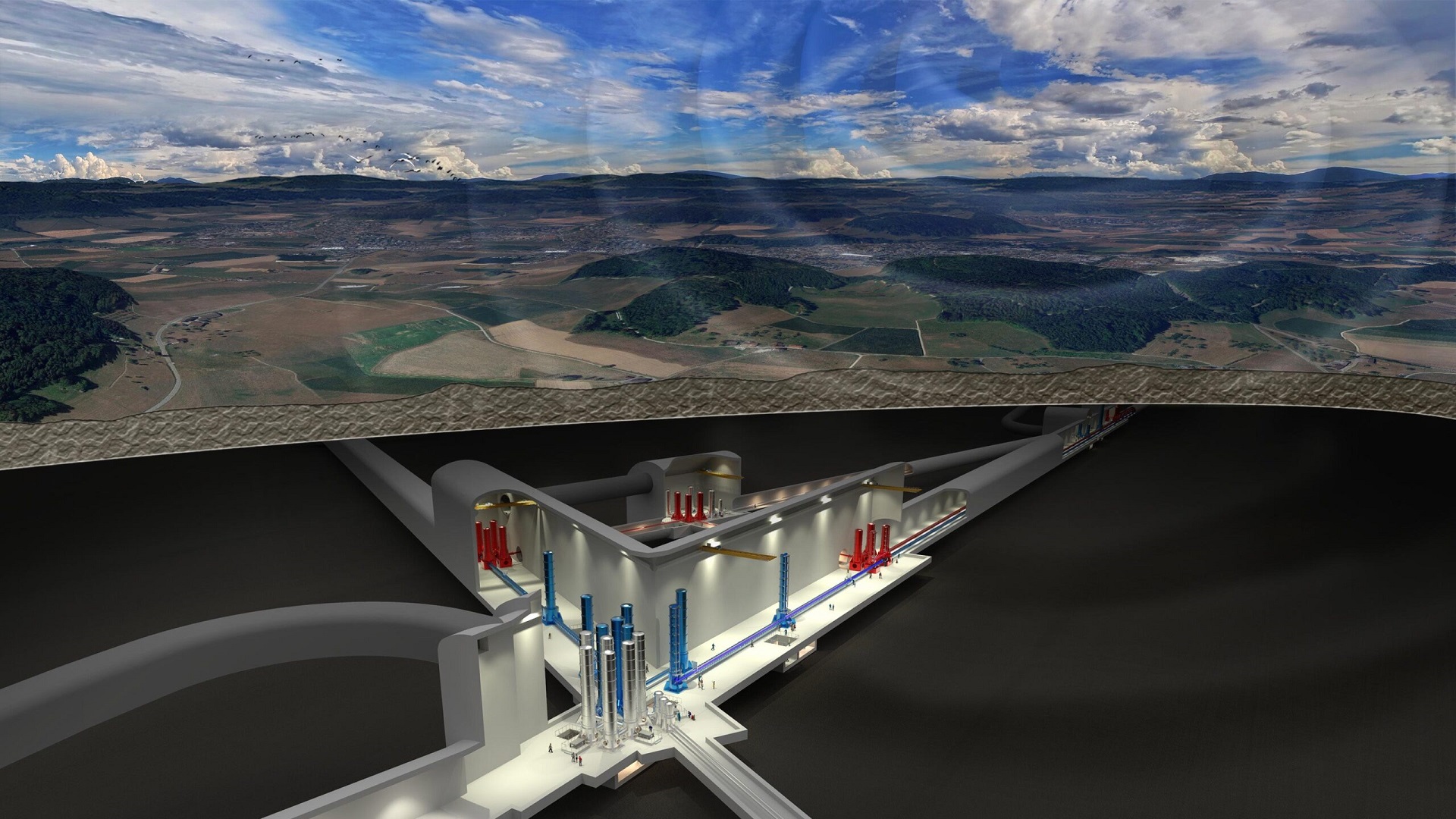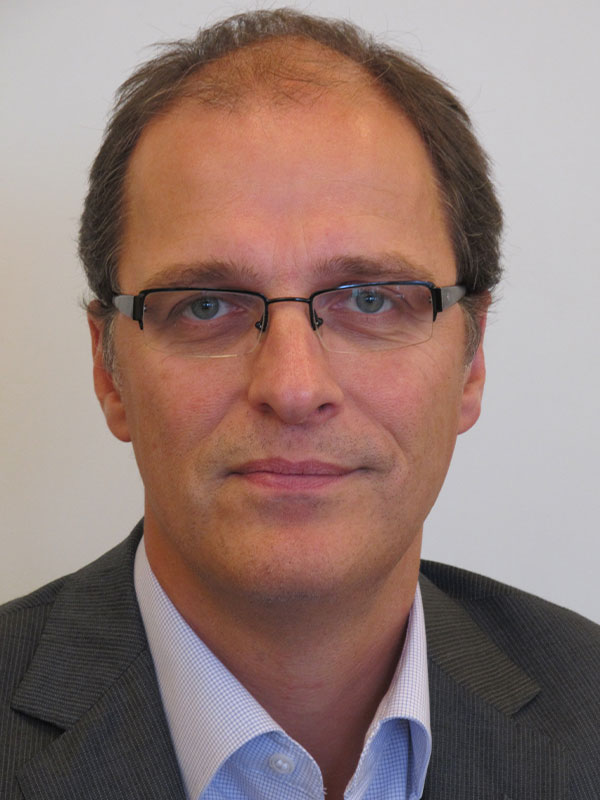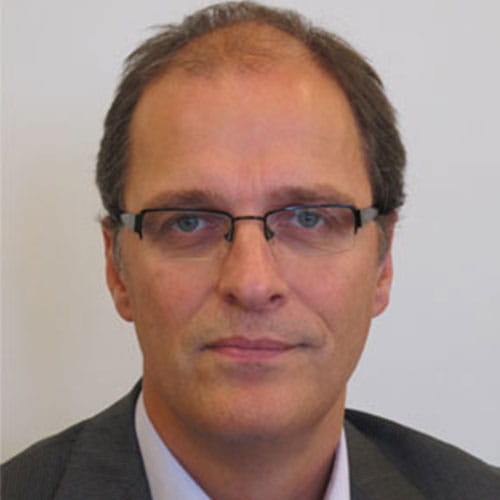TEC to conduct feasibility study for iconic Einstein Telescope

The unique underground telescope will provide scientists with new insights into the history of the universe, able to detect a thousand times more gravity waves than its predecessors.
As part of the preliminary work, the Netherlands, Belgium, and Germany are jointly investigating whether they can house this world-class observatory in South Limburg due to its unique soil conditions that dampen disruptive vibrations. The Dutch consultancy firm Tunnel Engineering Consultants (TEC), the permanent joint venture between Royal HaskoningDHV and Witteveen+Bos, will in cooperation with partners Amberg, Lombardi and Tractebel, carry out the technical feasibility study on behalf of the Dutch National Institute for Subatomic Physics (Nikhef).
Great scientific significance
The observatory is of great significance for international physics and astronomy. In terms of importance, it is best compared to CERN in Geneva, the largest particle accelerator in the world.
With the Einstein Telescope, researchers will be able to hear black holes colliding and gain new insights into the early universe, right back to the Big Bang. They will be able to look at the birth process of black holes and neutron stars.
The Einstein Telescope will consist of a triangle of three vacuum corridors, each ten kilometres long, located 250 to 300 meters below the Earth's surface. There, gravitational waves are measured by constantly monitoring the length of its three detector corridors with sensitive lasers and vibration-free suspended lasers. If that length changes in a specific pattern, it is the signal of a passing gravity wave.
Hans de Wit, Managing Director of TEC commented: “The Einstein Telescope is unique in the world. It is science of the highest order, and we are extremely proud that with our knowledge and experience we can contribute to this iconic observatory.”
The ideal location
The location in the border area of the Netherlands, Belgium, and Germany has been selected as a potential location for the Einstein Telescope because the soft topsoil of this area stops vibrations caused by human activity on the surface, so that the underground observatory can measure undisturbed.
The area forms the heart of a top European region, with many universities nearby. There is also a network of high-tech companies with expertise in the required precision technology. This network of knowledge institutions and technology experts increases the attractiveness of the Euregio Meuse-Rhine as a business location, and the potential economic boost from the Einstein Telescope being located in the area is high.
As part of our feasibility study, TEC will investigate, among other things, the suitability of the subsurface, the best position of the three points of the triangle and all technical challenges surrounding building tunnels at depth, with everything that entails.
Once the feasibility study is complete, the Netherlands, Belgium and Germany will decide at cabinet level whether to put it forward as a possible location for the Einstein Telescope. The final decision of where the observatory will be located is then expected to be made at European level in 2025/2026. Construction is estimated to begin in 2028.

Tunnels are our DNA at TEC, and we are well-known as global market leaders in tunnel engineering and design – we’re delighted to bring our expertise to assess the feasibility of this location for the iconic Einstein Telescope."
Our specialist knowledge
TEC has been involved in major tunnel projects in recent years, such as the Øresund connection between Denmark and Sweden, the connection between Hong Kong and Macao, the Sharq Crossing in Qatar, the Oosterweel connection in Antwerp and the North-South line in Amsterdam.
As part of the project, TEC is collaborating with three other international engineering and consultancy firms: the Amberg Group and the Lombardi Group from Switzerland and Tractebel from Belgium.
René Zijlstra, Business Development Director at parent company Royal HaskoningDHV concludes: “An iconic project like the Einstein Telescope is truly groundbreaking, both scientifically and in terms of civil engineering challenges. Something like this simply doesn't exist anywhere in the world. So we are delighted that TEC has been appointed to demonstrate, as experts in our field, exactly how we could make it happen.”
